Petrochemicals CarbonFiber Polyester 30-09-2020 - Arhive
Petrochemicals CarbonFiber Polyester
Crude Oil Prices Trend

-Developing East Asia and Pacific 2020 GDP growth to slow to 0.9%
Economic growth in developing East Asia and the Pacific region is expected to slow down this year to 0.9%, the slowest pace since 1967, weighed down by the coronavirus pandemic and efforts to contain its spread, the World Bank said late on Monday.
The region’s economy expanded by 5.8% in 2019, the World Bank said.
China is forecast to post a GDP growth of 2.0% in 2020 – boosted by government spending, strong exports, and a low rate of new coronavirus infections since March, but checked by slow domestic consumption – while the rest of the region is projected to contract by 3.5%.
The world’s biggest economy will witness a marked slowdown in growth from a 6.1% pace in 2019 but will avoid a recession.
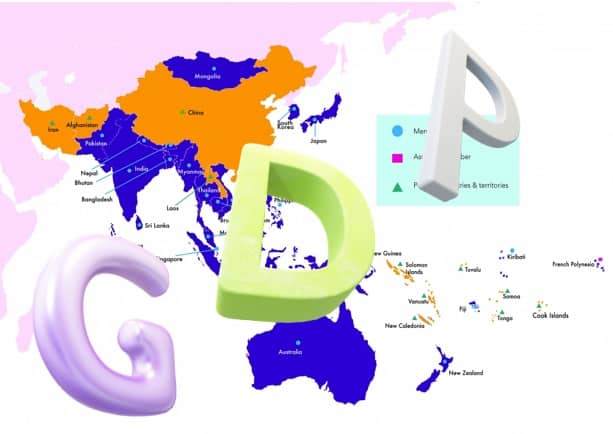
-Scientists create ‘super enzyme’ that eats plastic bottles six times faster
Scientists have created a new “super enzyme” that can break down plastic up to six times faster than their previous enzyme.
A team of researchers that previously re-engineered a plastic-eating enzyme named PETase have now combined it with a second enzyme to speed up the process, according to a press release from the University of Portsmouth.
The super enzyme could have major implications for recycling polyethylene terephthalate (PET), which is the most common thermoplastic used in single-use drinks bottles, carpets, and clothing.
PET takes hundreds of years to degrade in the environment. PETase can break it down into its building blocks in a few days.
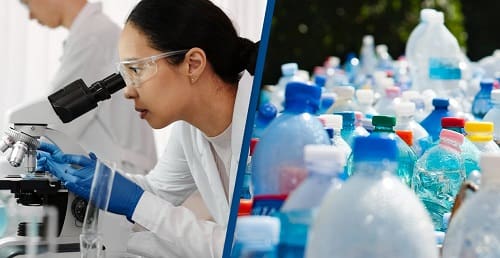
AIMPLAS is coordinating the SPARTA project, with the participation of TEKNIKER.
The main goal of the European SPARTA project, coordinated by AIMPLAS, with the participation of TEKNIKER, is to find a new method of recycling and reprocessing composite thermoplastic materials that reduces the amount of waste generated by the aerospace industry, as well as its environmental impact. Another goal is to design more eco-efficient manufacturing methods. Petrochemicals CarbonFiber Polyester
Both centres will develop a new recycling method for key waste processing and reprocessing procedures.
Specifically, TEKNIKER will contribute its knowledge and experience in mechanical cutting to the development and optimisation of an innovative mechanical scrapping process, through simulation and experimentation, while AIMPLAS focuses on improving material reprocessing through automatic deposition and compression moulding.
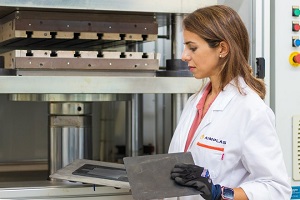
-A method for rapid adjustment of melt blown nonwoven fabric
In the production process of meltblown nonwoven, because of the parameters of temperature, air pressure, mold, speed and other aspects of the ratio, so the need for constant running in and debugging, in order to make the product to achieve the best results. The following is the experience summarized in the actual production process for your reference:
One: Machine adjustment process
- Make the cloth softer under higher temperature and wind pressure;
- Slowly reduce the die head temperature and the hot air temperature in turn until the cloth looks a little hard;
- Record the die head temperature and screw temperature at this time;
- Adjust the wind pressure, melt extrusion amount and net distance to make the cloth more soft;
- Adjust the winding speed to achieve full traction;
6, standing-pole according to the speed of the grid, generally add two standing-poles can, static voltage in 40KV-60kV, standing-pole bar distance 5-7 cm cloth surface, slowly add a static electricity can be, you can choose to add positive, you can choose to add negative, can be determined by the test. Petrochemicals CarbonFiber Polyester
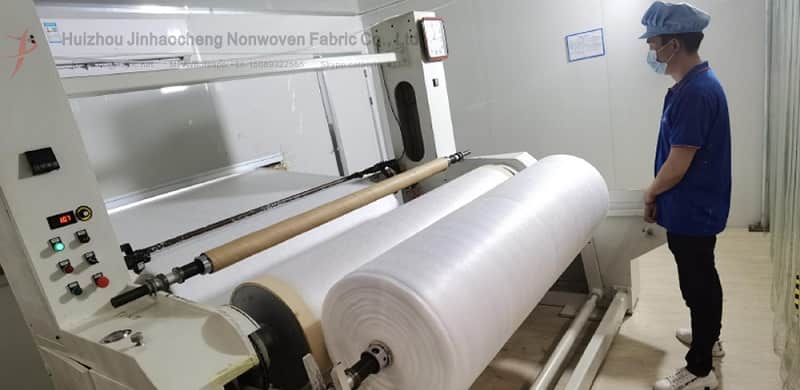
-LyondellBasell to produce 2m tonnes/year of recycled, renewable polymer
LyondellBasell is to increase its production of recycled and renewable-based polymers by 2030 as part of a raft of new sustainability targets unveiled by the firm on Monday.
A sustainability review has led to new plans to drastically increase the volumes of recycled and renewable-based plastics the olefins and polymers producer manufactures over the next decade, as well as developing its waste plastic recovery spending.
The commitment is one of the largest announced in the sustainable plastics sector so far, following consumer goods producer Nestle’s plans to invest Swiss francs 1.5bn up to 2025 to source 2m tonnes/ tonnes of food-grade recycled plastics. LyondellBasell did not disclose the estimated cost of its own plans.
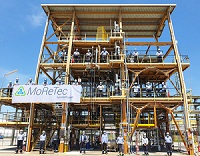
-With China’s economy on a roll, domestic petchem demand brightens up
While major world economies are still struggling with the coronavirus pandemic that has bruised their economies, China is on the fast lane to recovery, supported by Beijing’s stimulus measures. Petrochemicals CarbonFiber Polyester
China wasted no time in whipping its economy back to shape following the outbreak of the deadly virus which was detected late last year in the city of Wuhan, with infrastructure and construction amongst its priorities.
China reported 14 new coronavirus cases on 26 September, compared with 15 cases announced a day earlier, the latest data from the national health authority showed.
The total number of confirmed coronavirus infections in China stood at 85,351, while the number of total deaths remained unchanged at 4,634.
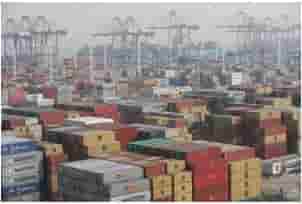
New palladium alumina catalysts offer superior activity and tolerance to sulfur impurities
New PTA catalyst CBA-250 with significantly lower palladium content
A new series of commercially proven alumina catalysts is now available with new performance features that can benefit selective hydrogenation applications such as first stage PYGAS or selective hydrogenation of dienes in C4 olefin streams. This new series of Pd on spherically shaped E15x catalysts replaces the E14x series of Pd alumina catalysts which have been used commercially for over thirty years in selective hydrogenation applications. Petrochemicals CarbonFiber Polyester
The new series of alumina supported catalysts offers better activity and tolerance to poisons such as sulfur due to higher Pd dispersion. The catalysts are also very uniform in size and shape which helps to prevent mal-distribution of feed in fixed bed reactor applications. This new series of selective hydrogenation catalysts is available with Pd contents ranging from 0.15 to 0.75 % Pd and can be produced in BASF plant sites in Europe and the United States as well.
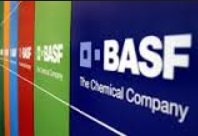
-Apparel Manufacturing in Aegean Region of Turkey
Apparel industry of Turkey has always been one of the leading industry in Turkey mainly due to its widespread and innovative manufacturing power and features of competitiveness. The Turkish apparel industry is listed 6th largest exporter in the world and the 3rd largest supplier to the EU. The Turkish apparel industry exported nearly 18 billion $ in 2019 with more than 10 thousand of manufacturing and exporting companies. The Turkish apparel manufacturers are supplying to global buyers and brands in many countries around the globe. Petrochemicals CarbonFiber Polyester
Aegean Region of Turkey has a significant place in apparel manufacturing in Turkey. Over 1.000 member companies which are located in/or around the Aegean Region of Turkey and active in the fields of manufacturing and exporting a wide range of top quality apparel products are represented by Aegean Apparel Exporters’ Association. Exports realized by members of the Association total up to 1,3 billion $ per year.

-Lenzing and Hof University open Nonwoven Development Center
On Thursday, 24 September, the Lenzing Group, a leading manufacturer of wood-based cellulosic specialty fibres, and Hof University opened their new Nonwoven Development Center (VEZ). As a strategic partner, Lenzing has access to a state-of-the-art development line at the campus in Münchberg with immediate effect. This offers new opportunities for sustainable fibre and nonwoven innovations for a wide range of applications including hygiene, body care and medical. Petrochemicals CarbonFiber Polyester
In line with its sCore TEN corporate strategy, the Lenzing Group is focusing on sustainable innovations, which are agreed in an optimum manner to the needs of the value chain. “We offer our customers and partners a decisive competitive advantage – agility. The pilot plant in the VEZ allows the resource-efficient development of fibre and nonwoven innovations on a small scale”, Jürgen Eizinger, Vice President Business Unit Nonwovens at Lenzing, explains.
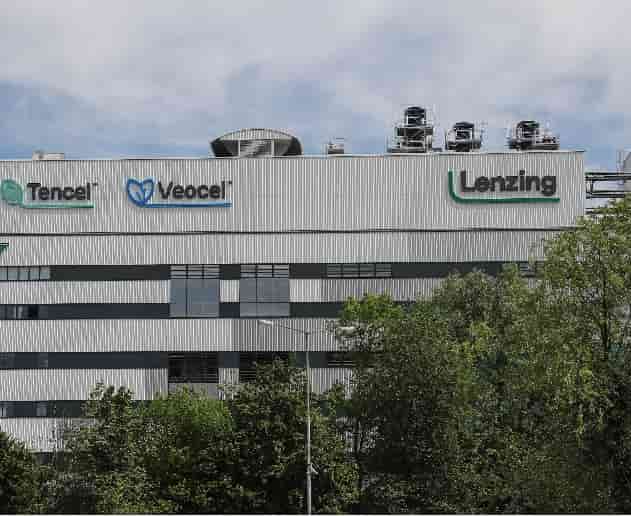
-FLAKE PURIFIER+ from Sesotec makes a closed material cycle possible
Sesotec makes a closed material cycle possible with FLAKE PURIFIER+ from
The FLAKE PURIFIER+ systems from Sesotec play an important role in the PET sorting process at their recycling facilities.
The sorting system is equipped with an array of sensors that make it possible to separate PET flakes according to colour, metal contaminants, and type of plastic in one run.
The newest models of the FLAKE PURIFIER+ are currently in use at Reiling facilities in Marienfeld and at the new location in Burgbernheim.
On top of optimal sorting capabilities, FLAKE PURIFIER+ can be efficiently integrated into the overall system, offering precise fits for connections at material feeding and outlet points. Petrochemicals CarbonFiber Polyester
Feed hoppers transfer the PET flakes to the main conveyor of the FLAKE PURIFIER+ for sorting. Material that is rejected from the main conveyor is automatically fed back into the system via a recovery lane.
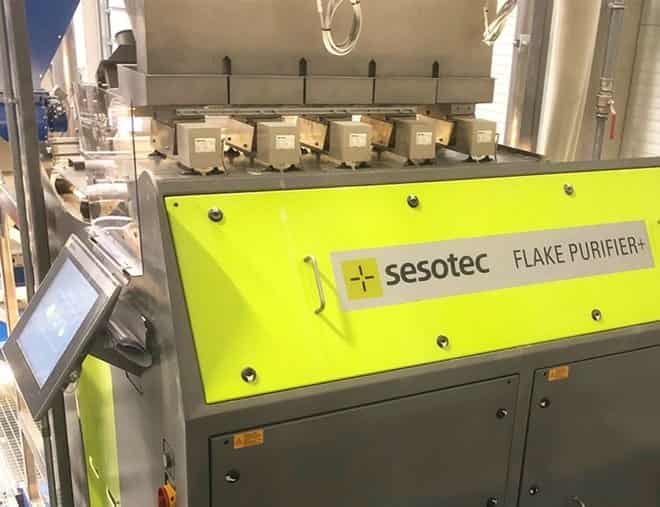
On the occasion of this year’s International Trade Fair for Plastics Processing (Fakuma), BASF is showcasing on its virtual platform two new high-performance plastics, Ultradur B 4440 and Ultramid B3U42G6, adding innovations in the field of flame-retardant and highly insulating polymers to its existing portfolio. Petrochemicals CarbonFiber Polyester
The two new high-performance plastics offer high tracking resistance and excellent fire behaviour combined with economical processing options.
BASF believes these two new products successfully combine material innovation and sustainability by avoiding the use of antimony and halogen compounds.
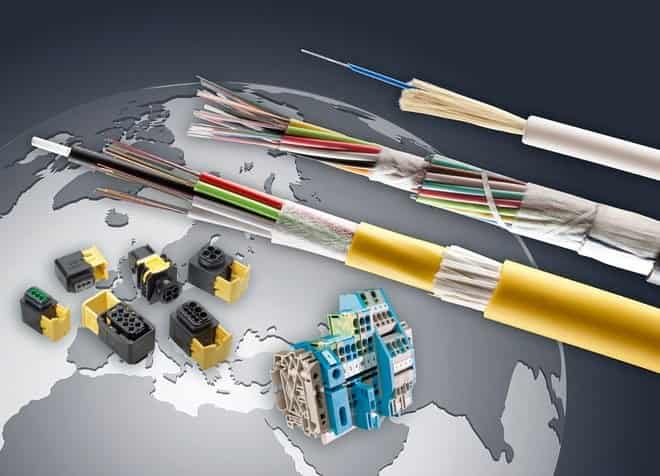
Petrochemicals CarbonFiber Polyester
Petrochemicals CarbonFiber Polyamide 29-09-2020
